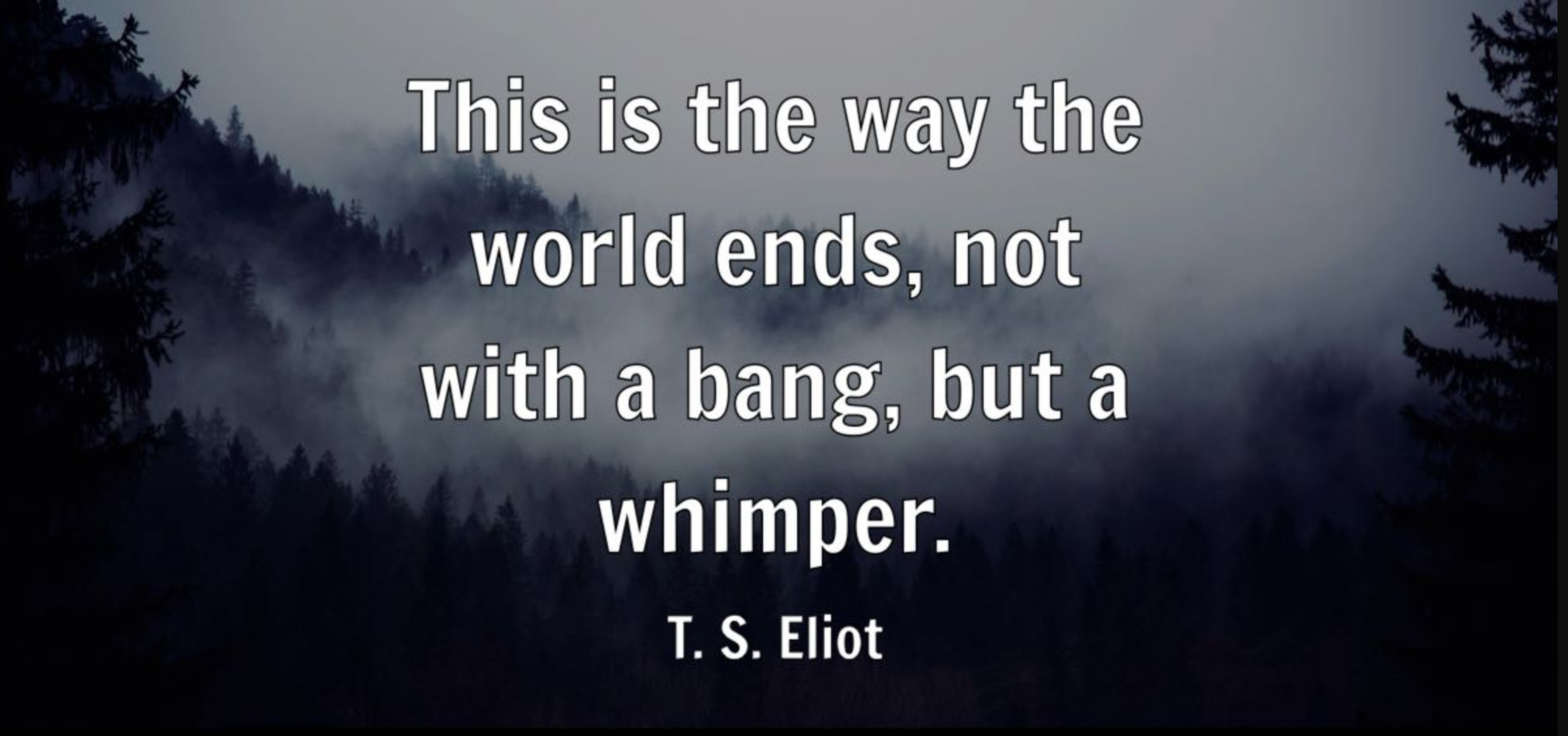Politics & Common Sense — Column by John Spencer
You’re standing in checkout line in Costco, or sitting in traffic on 95 or waiting for your coffee. In that fleeting moment of stillness, you instinctively reach for your phone. Maybe you open a news app. Maybe you check social media. Maybe you press play on a podcast, or just call somebody for no important reason. It does not matter what it is, what matters is that you’re filling the space.
You’re avoiding silence. And you’re certainly avoiding boredom.
In my last article in the Kootenai Journal, “Smartphones – Together Yet Alone” published August 25, I pursued the awareness of the constant distraction and constant need for digital stimulation.
Soon after that publication I discovered a compelling essay “You Need to Be Bored” published in the Harvard Business Review, August 28, 2025, by Professor Arthur C. Brooks.
Brooks makes a radical suggestion that instead of running from boredom, we should run toward it. It’s not something to escape, it’s something to embrace. I gave this notion some thought.
He is absolutely right and, in my opinion, if we don’t re-learn the value of being bored, we’ll keep dumbing down our minds, weakening our focus, and the potential for degrading our mental health. It does make a lot of sense.
We live in a culture that prizes constant stimulation.
Whether it be in Northern Idaho or South Florida, our devices deliver a firehose of content, distractions, alerts, and the addictive stimulant, all day long. We are continually “on” from the moment we wake up to the moment we finally put the phone down at night, if we even do. Even as I write this article, I am drawn or ‘sucked in’ to the ever-present addiction of the smartphone. How far away does it have to be?
Podcasts fill our commutes, social media eats our breaks, and newsfeeds monopolize our downtime. Silence, solitude, and mental stillness have been squeezed out entirely. The smartphone is always within an arm’s reach and I am as guilty as anyone.
What is the ‘cost’ to us?
The ‘cost’ for each of us is that there is no ‘brain rest’ and we are clueless to this effect.
I have come to realize that when every gap in our day is packed with digital stimulation, we lose the ability to reflect. We lose the ability to think critically. We lose the ability to think beyond reacting to the next notification or next headline. Our minds become passive, addicted to shallow input. We get used to reacting, not thinking, not creating, not evaluating.
I am convinced, that the constant bombardment of mostly useless information chips away at our cognitive abilities. We’re always processing, but never digesting. Always connected, but rarely present. Are we together, yet alone?
As a test of honesty, how often do you scroll without purpose? How often do you listen to something just to avoid silence?
It makes perfect sense in my opinion, that when you strip away the distractions and let your mind wander, something remarkable happens or could happen. You will probably begin to access the part of your brain where deeper thinking lives.
As Professor Brooks implies, this space, this mental default, is where self-reflection happens. It is where emotions get processed, problems get solved, and creativity begins. Boredom isn’t the absence of thought. It is the start of real thinking and one cannot engage in critical thinking without it.
What I have learned is what neuroscientists call the Default Mode Network or DMN. This network gets activated when we daydream, have silence, or just being quiet. This network is how we process memories, trigger imagination, get insight and eventually wisdom.
If you never put the phone down, that DMN network never gets energized.
If you constantly drown your mind in stimulation, you’re not just avoiding boredom, you’re shutting off the very mental processes that make you a self-aware, emotionally intelligent human being. It is like outsourcing your real you to a system you did not create and it is addictive.
In my view, one of the overlooked drivers of the mental health crisis, especially among younger generations, could be the sheer inability to disconnect. The endless scroll into lives, sensational headlines, and seductive content probably creates chronic stress, fatigue, and comparison with others.
Social media does not just show us what’s happening, it shows us what we’re missing. The failure of mission out or FOMO is compelling.
Social media can and probably erodes our self-worth in micro doses. And when we’re overwhelmed, what do we do? We scroll more, listen more, tap more, desperately avoiding the quiet that could help us recover.
Smartphones have become an addiction we don’t even see as dangerous. These devices can keep us numb, distract us, and potentially influence who we were really meant to become. No generation is immune. I believe it is time to give our brains the space to think.
When you next feel bored, instead of running from it, try to stay with the feeling. Let the discomfort linger and allow your thoughts to wander. This process can create space for creativity to return. You might be surprised by what your mind is capable of when it has room to breathe.










